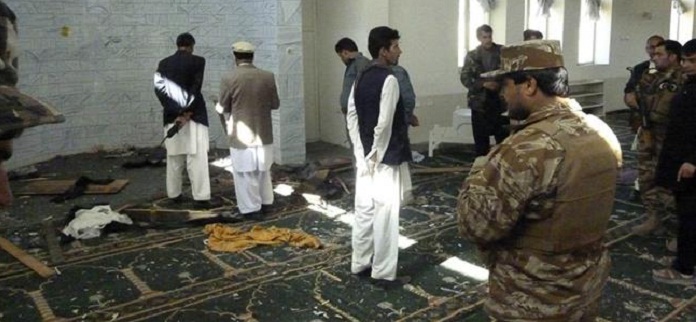There was no immediate claim of responsibility but the blast bore the hallmarks of Boko Haram, whose insurgency has killed thousands and displaced some 2.1 million people in the region.
Monday`s blast happened in a western suburb where the army had exchanged fire on Sunday with suspected Boko Haram fighters who it said had tried to slip into Maiduguri to stage suicide bombings. Residents then reported explosions and heavy gunfire.
Musa Abdukadir, a resident, said that after the mosque attack he had counted the bodies of more than 50 victims in the state specialist hospital in Maiduguri. Medics had told him more bodies had been brought to two other hospitals. The count included victims from Sunday`s fighting.
"We all fled yesterday as our houses were on fire. This morning we came back, and while we were counting the people who had burned in the houses, another bomb exploded," said Ibrahim Goni, a resident who said he had visited the blast scene.
An army counter-offensive earlier this year recaptured most of the territory Boko Haram had seized over the past few years. Boko Haram has since reverted to a strategy of hitting soft targets such as markets, bus stations and places of worship, as well as hit-and-run attacks on villages, mainly in Borno state.
More about:















































